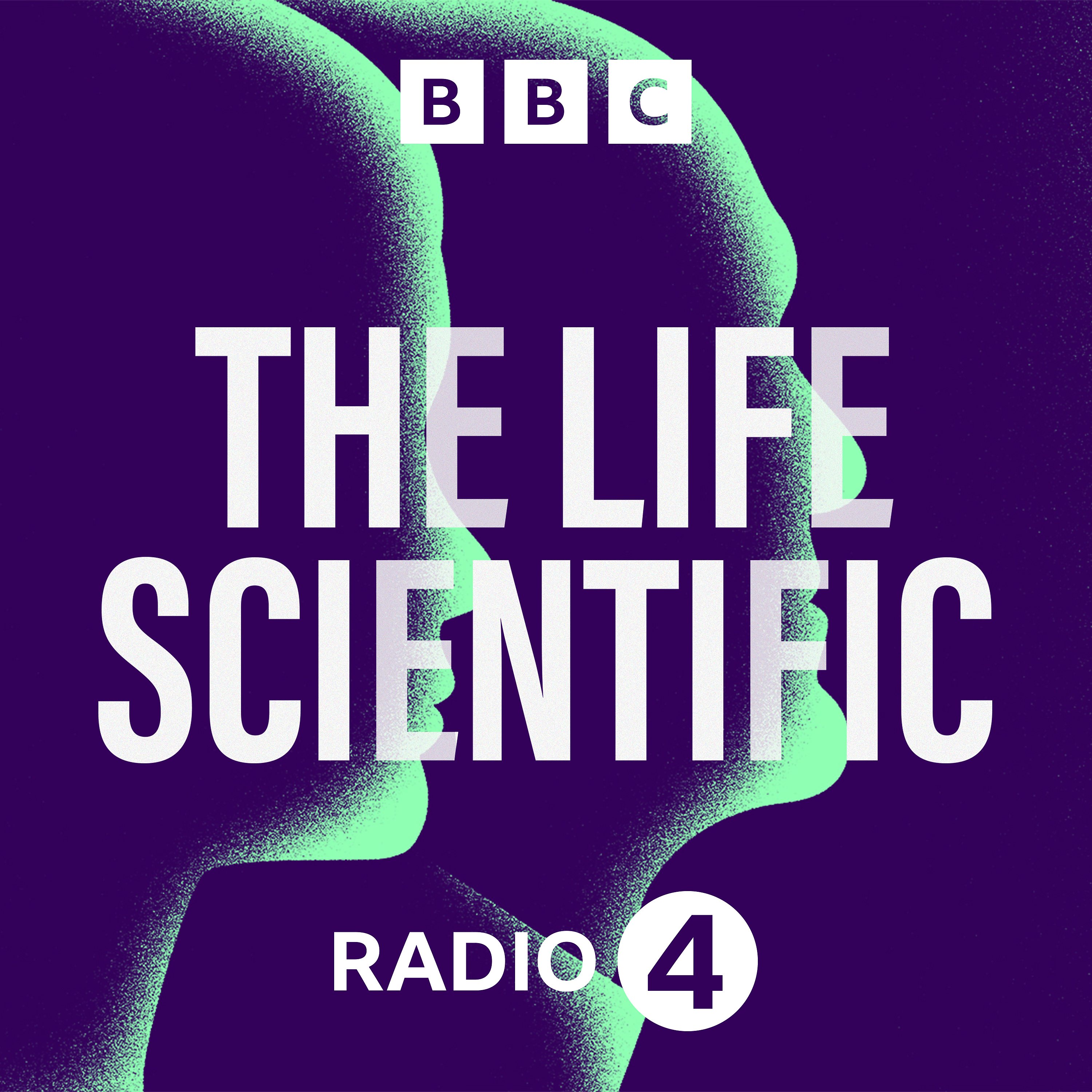Adrian Smith on the power of Bayesian statistics
Description
How a once-derided approach to statistics paved the way for AI. Jim Al-Khalili talks to pioneering mathematician, Professor Sir Adrian Smith.
Accused early in his career of ‘trying to destroy the processes of science’, Adrian went on to prove that a branch of statistics (invented by the Reverend Thomas Bayes in 1764) could be used by computers to analyse vast sets of data and to learn from that data.
His mathematical proofs showed that Bayesian statistics could be applied to all sorts of real world problems: from improving survival rates for kidney transplant patients to tracking Russian submarines. And paved the way for a dramatic explosion in machine learning and AI.
Working as a civil servant (2008-2012) he helped to protect the science budget in 2010, transforming the landscape for scientific research in the UK. And he has been vocal, over many years, about the urgent need to make sure children in the UK leave school more mathematically able.
In 2020, he became President of the UK's prestigious national science academy, The Royal Society.
Producer: Anna Buckley
More Episodes
As the famous frog once said, it's not easy being green. And when it comes to decarbonising industry, indeed, reducing emissions of all sorts, the task is a complex one.
Fossil fuels are used to manufacture some of mankind’s most ubiquitous products, from plastics to cement to steel; and even...
Published 09/24/24
Published 09/24/24
Rosalie David is a pioneer in the study of ancient Egypt. In the early 1970s, she launched a unique project to study Egyptian mummified bodies using the techniques of modern medicine. Back then, the vast majority of Egyptologists regarded mummies as unimportant sources of information about life...
Published 09/17/24


